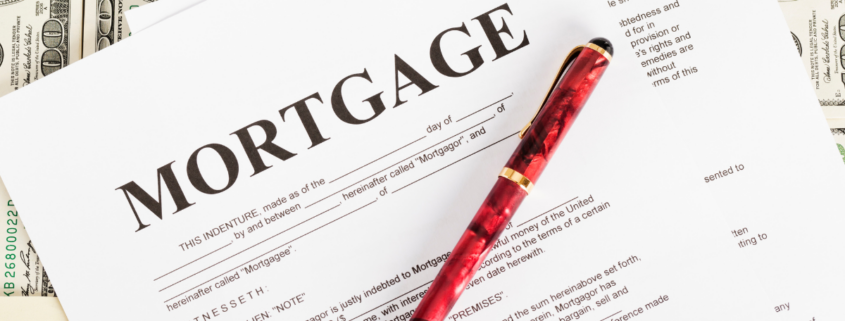Deeds, Mortgages, and Your Divorce
Retaining the family home was a divorce priority, and after all the dust settles, it is yours. Now what? You must do the paperwork and make the necessary financial arrangements to make this a reality.
How Does the Paperwork Work?
If both spouses own the house, one can transfer their interest to the other through a quitclaim deed, but it comes “under and subject” to existing encumbrances and liens. Most home purchases are subject to a promissory note payable to the lender providing the mortgage. The promissory note creates the obligation to repay the loan you used to buy your home. The mortgage makes the home security or collateral for the loan.
The promissory note is considered a “joint and several obligation,” so the borrowers agree the lender may pursue either or both spouses if the repayments are not current. Unless this issue is addressed, if your spouse signs over their interest in the house but the promissory note is still in effect, they may be liable for mortgage payments for a home for which they have no ownership interest.
Typically, a property settlement agreement states the spouse with the house will “indemnify and hold the other spouse harmless” from the promissory note’s obligations. But, the lender is not bound by or a party to the agreement. If the lender seeks money from your ex, they could sue you for breach of the divorce agreement because you agreed to indemnify them. But if you lack the money to pay the mortgage, you probably lack the resources.
How Will Refinancing the Mortgage Help?
One way to prevent this from happening is to refinance the house. It ends the mortgage you and your ex signed and substitutes a new one in your name. The promissory note used to buy the house is canceled, and the mortgage is officially satisfied. You get a clear title, a loan to pay what is left, and a promissory note and mortgage in your name.
If you cannot make the payments, your ex is not responsible because the old promissory note is no longer an issue, and the current one only applies to you.
However, refinancing may be difficult if you lack a good credit history and a regular income. Each lender has its own rules covering to whom they will lend and the amount. This can vary also with the type of loan. An FHA mortgage will probably have lower lending standards but will cost more than a non-FHA loan.
If you have not started already, work with a mortgage lender or broker even if the divorce settlement is not final. Establish child and spousal support payment histories so the lender will view them as income sources to help pay the debt. Try to improve your credit score so it is at a level a mortgage underwriter will want to see. It is much better to prevent the problem of being turned down for a refinance than to deal with it afterward.
Get the Help You Need from an Attorney You Can Trust
Whether you are thinking about divorce or you have decided it is the right step for you and your family, call Karen Ann Ulmer, P.C., at (215) 608-1867. You can start a new chapter in your life, including owning a home yourself. We can discuss this over the phone, via a teleconference, or meet in our Doylestown or Langhorne office.







